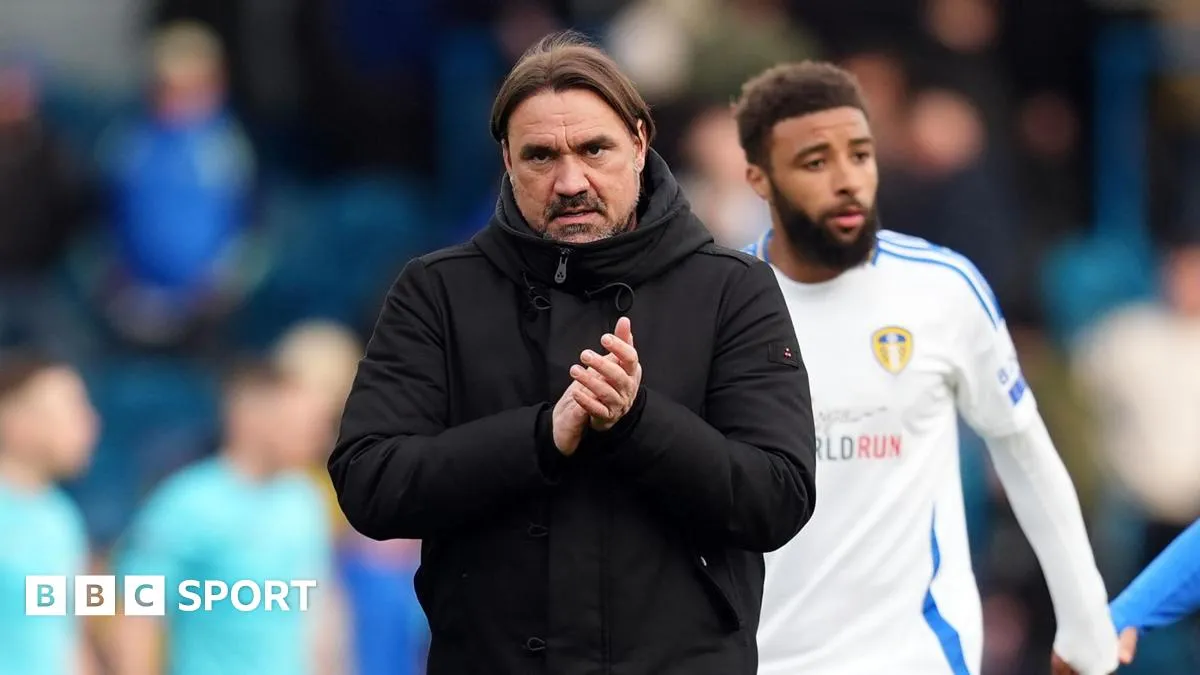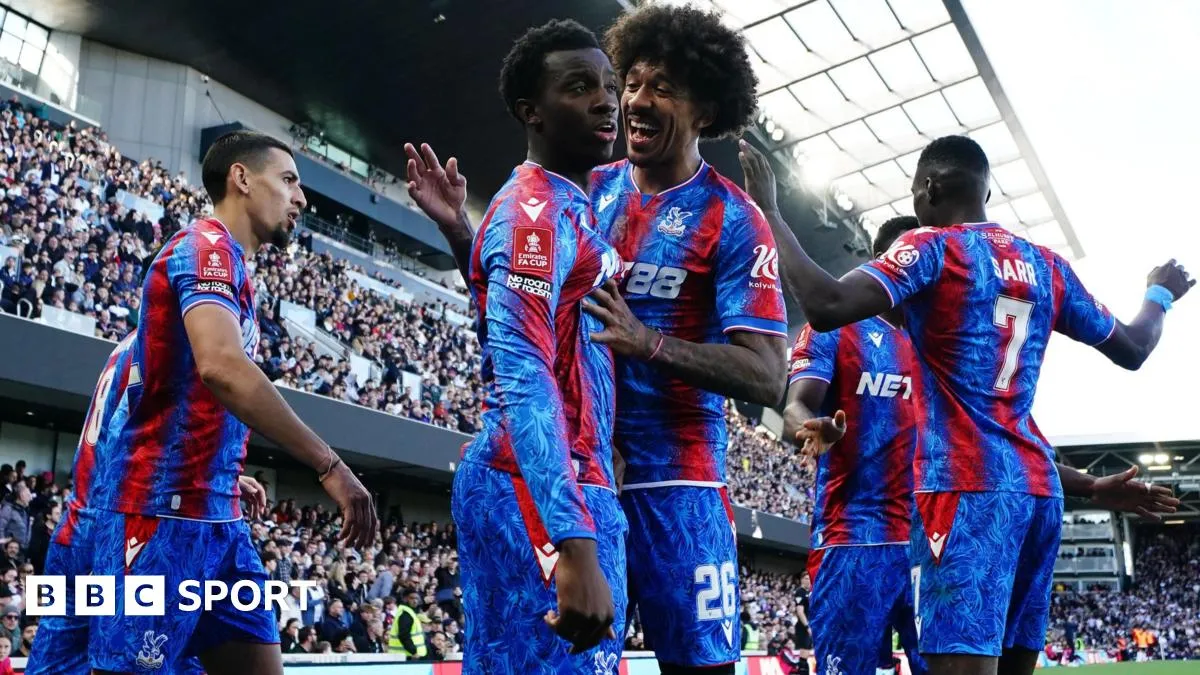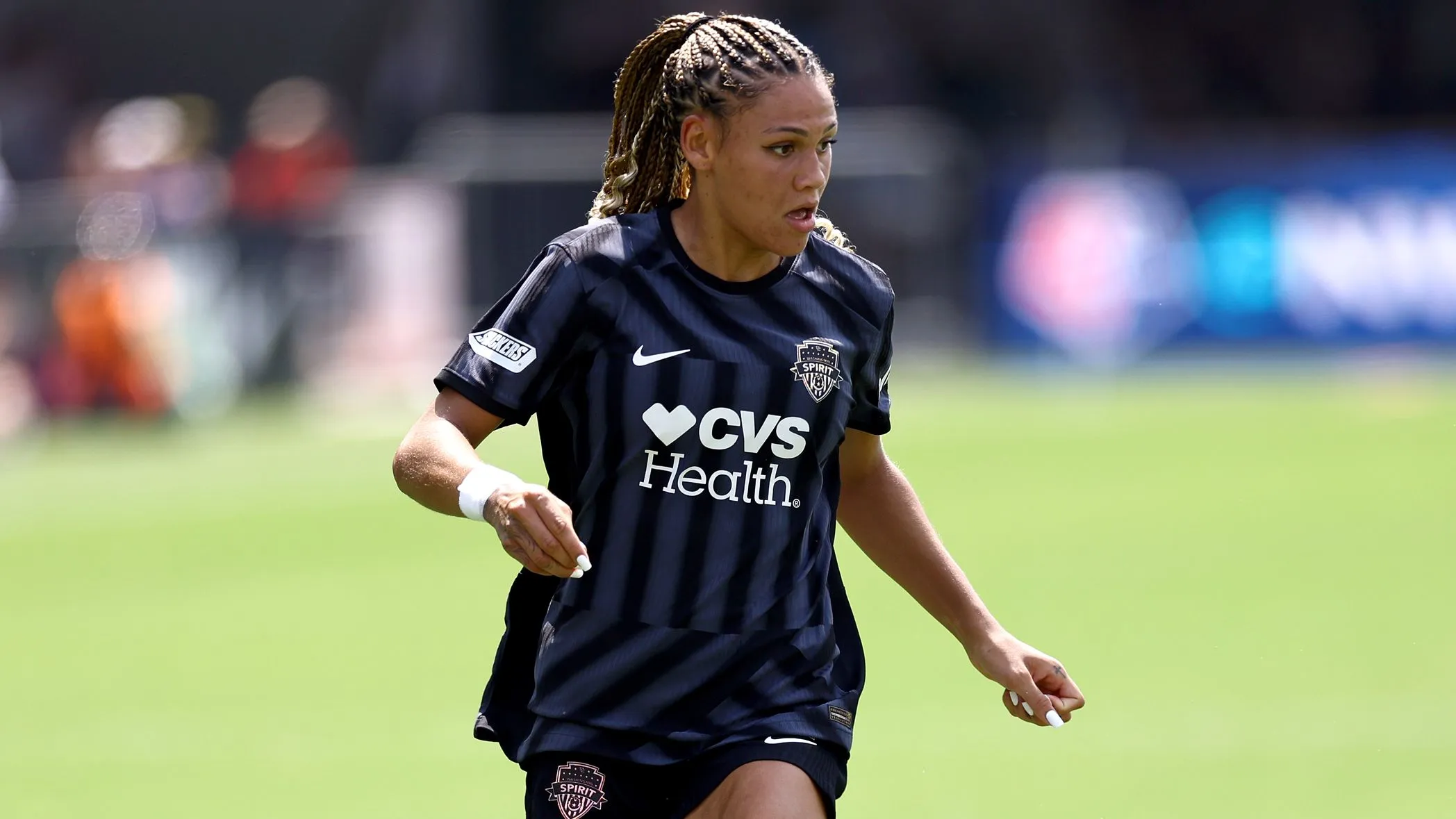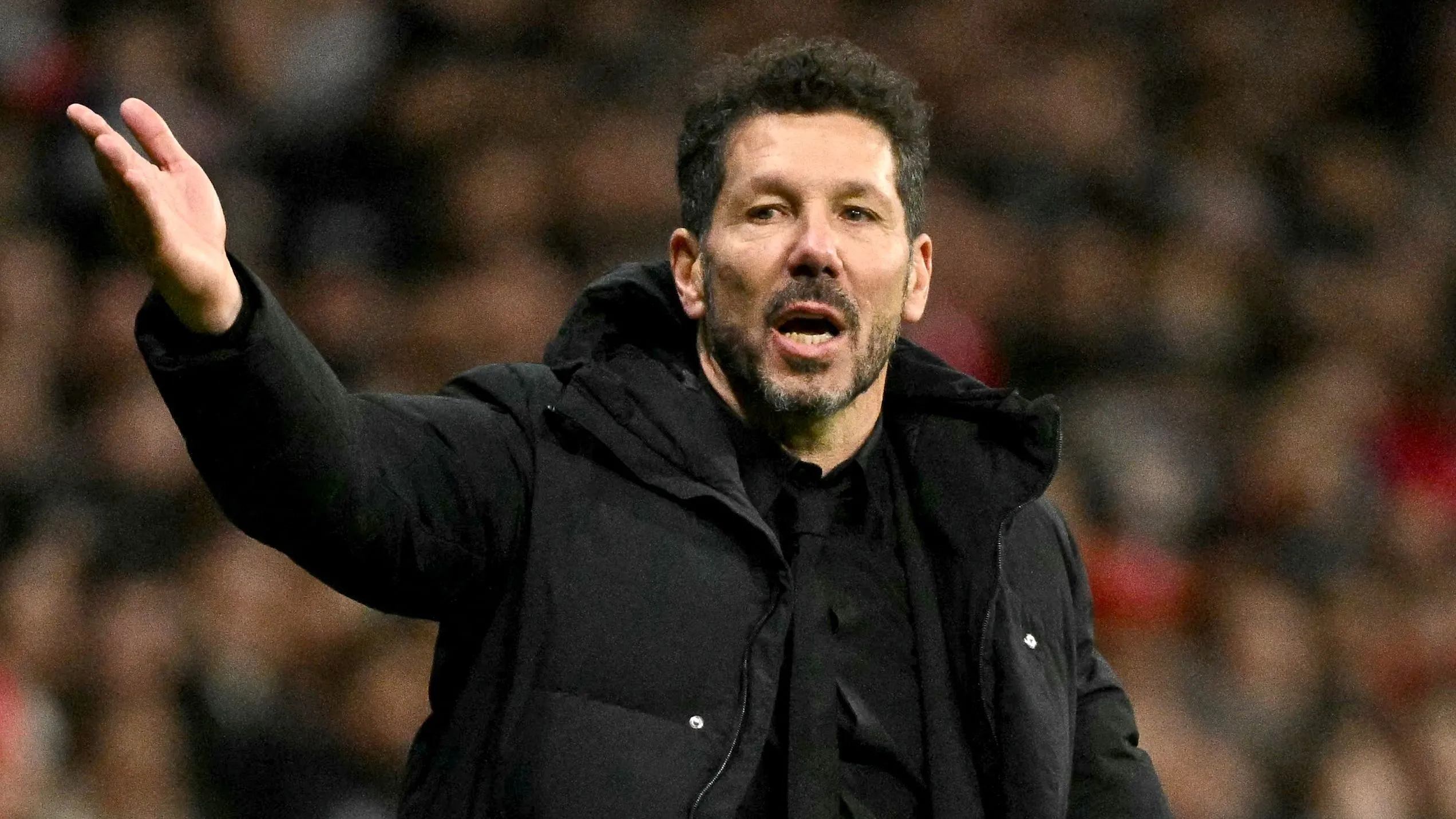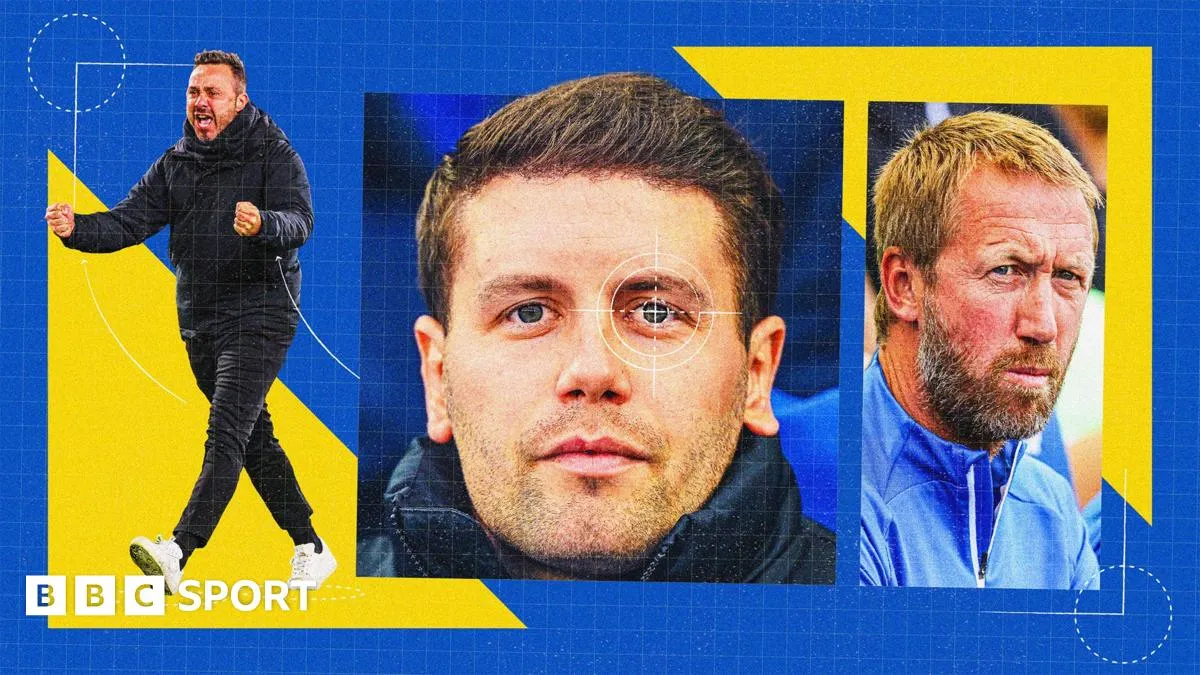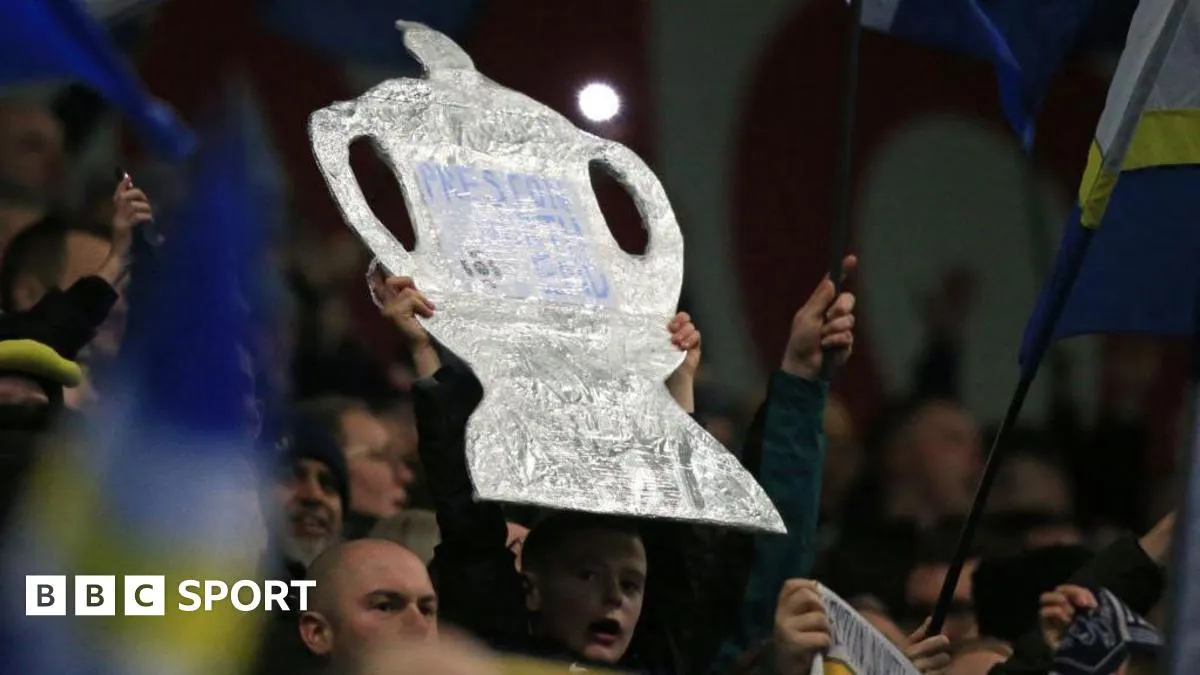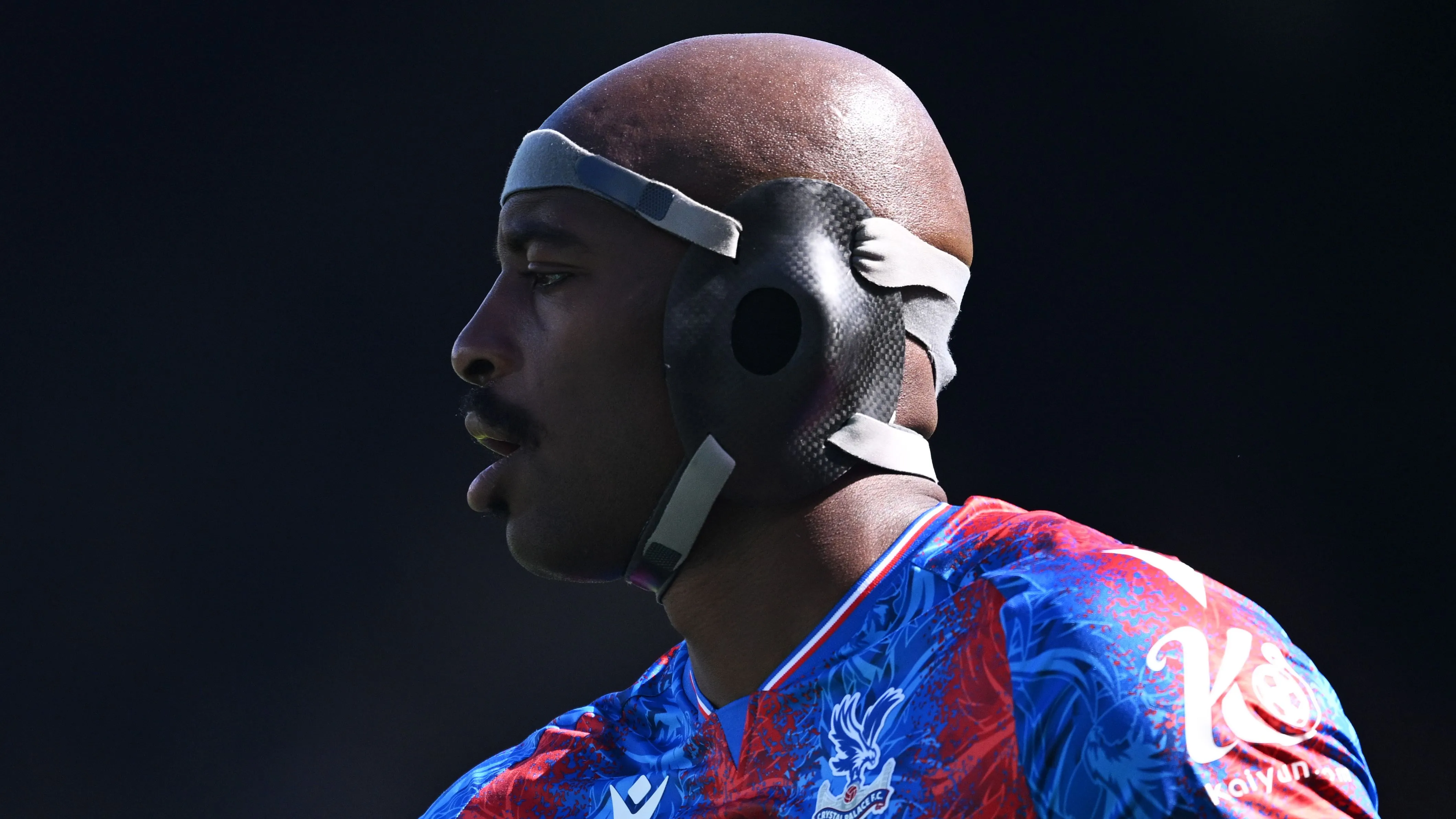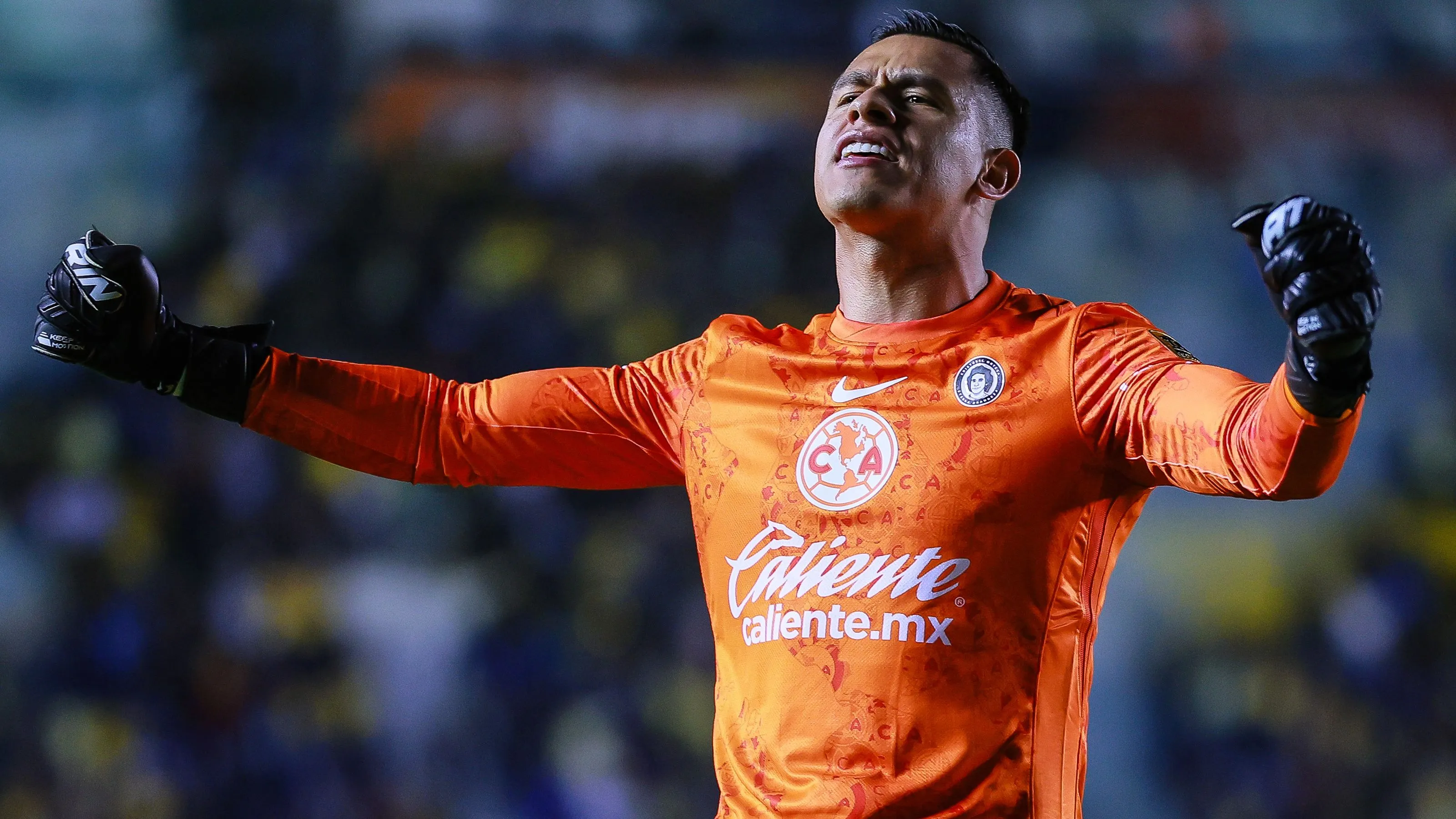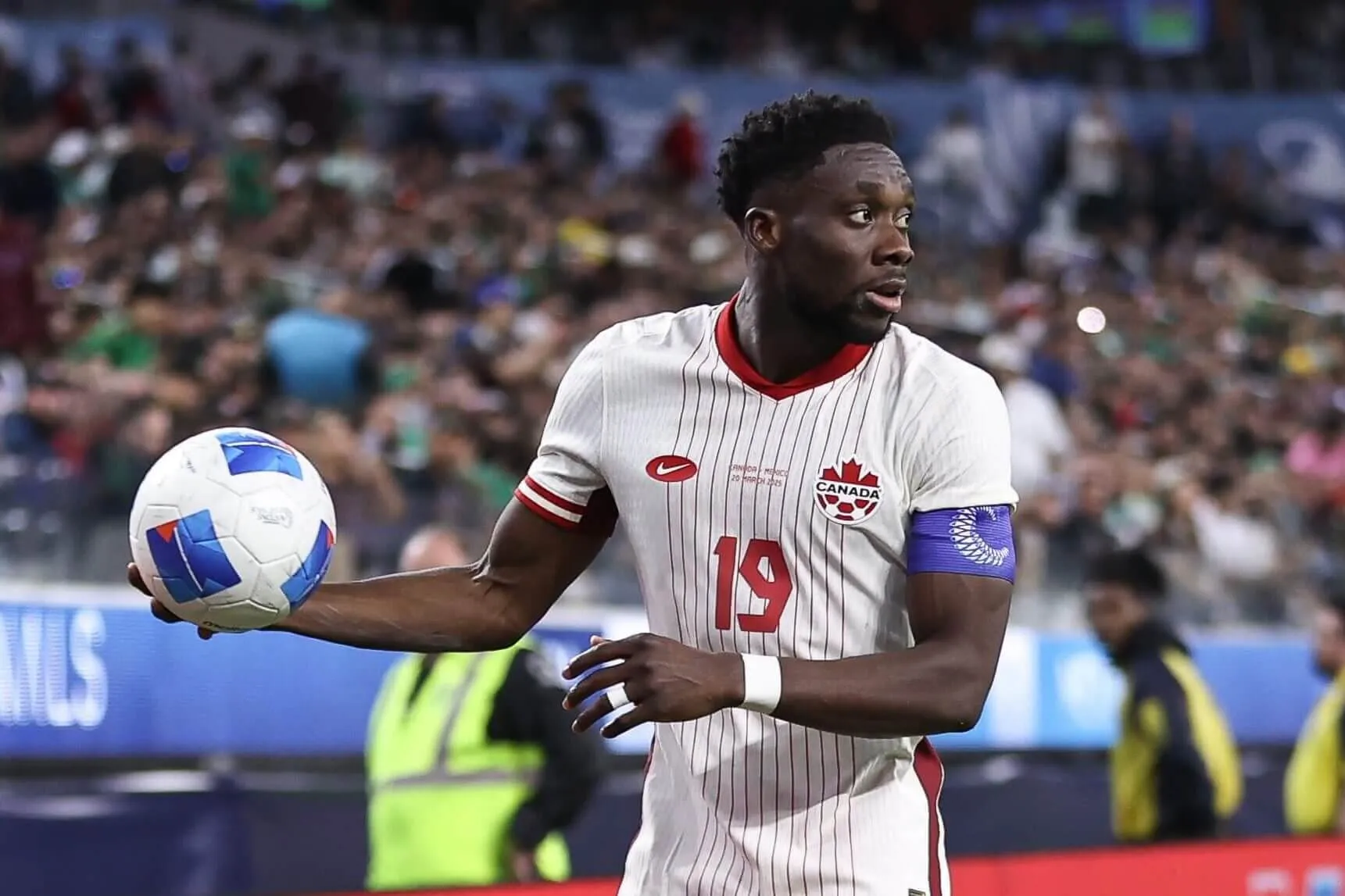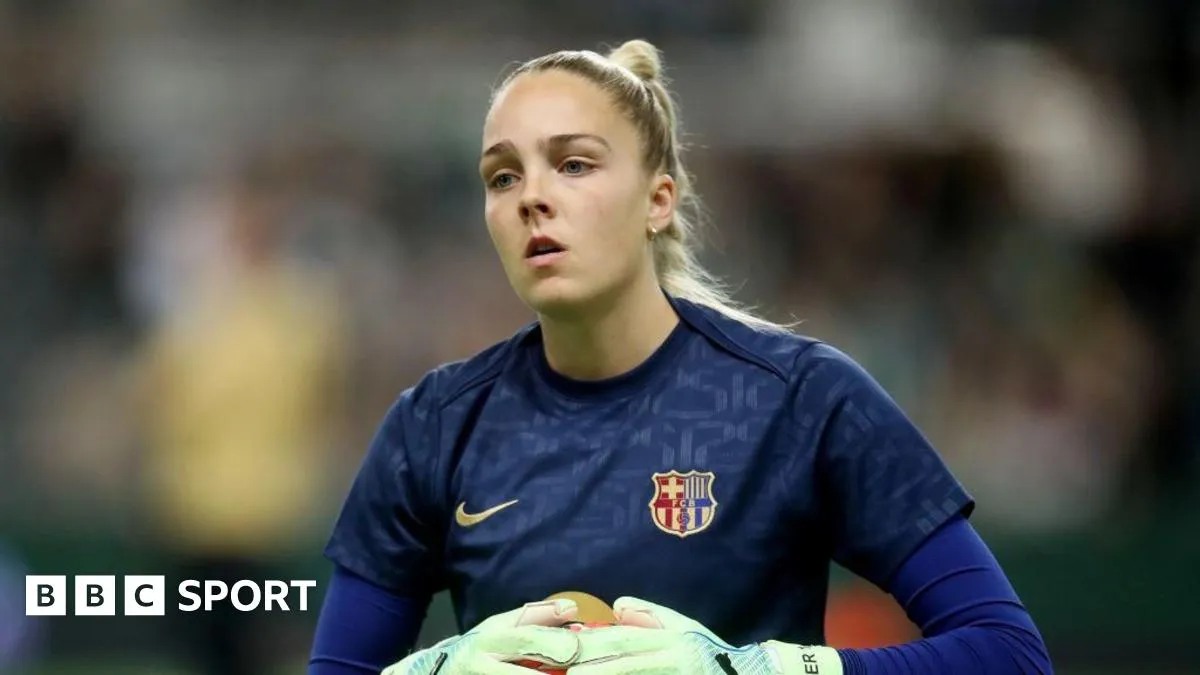
Former England goalkeeper Ellie Roebuck has opened up about her remarkable journey of recovery from a stroke at age 24 to joining Barcelona, demonstrating resilience in the face of a life-altering medical emergency.
Sitting outside her favorite coffee shop in the Spanish sunshine, Roebuck appears to be thriving. However, just 12 months ago, her world was turned upside down when she received the shocking diagnosis of having suffered a stroke, leaving her uncertain if she would ever play football again.
"I'm lucky because I should have lost my vision," Roebuck told BBC Sport. "I should have lost my peripheral vision for sure. The majority of people that suffer a stroke [like mine] do that. So, I probably should have been blind, which is quite a miracle that that didn't happen."
The diagnosis came after a challenging period following the 2023 World Cup, where she had been part of the England squad that reached the final. Around Christmas 2023, Roebuck began experiencing concerning symptoms - nausea, dizziness, fatigue, balance issues, and black dots impairing her vision. Initially dismissed as concussion from a training incident, she pushed for further investigation, leading to the devastating discovery.
The timing couldn't have been worse, as she had just signed a pre-contract with European champions Barcelona. The experience of being treated in the stroke ward, surrounded by typically older patients, was particularly surreal for the young athlete. "You're in there with people that I thought were 'normal people' to have strokes - older people. It was just a crazy experience," she recalled.
The recovery process was challenging, with Roebuck forced to avoid training for 12 weeks. The experience deeply affected her independence, requiring her parents to take shifts living with her in her Manchester flat. While doctors eventually discovered a small hole in her heart, the exact cause of her stroke remains uncertain, as the hole had apparently closed naturally.
Her final season at Manchester City, where she had spent nearly a decade and made over 100 appearances, ended without any playing time. Roebuck described her confidence as "diminished" during this period, citing communication issues with manager Gareth Taylor.
However, her move to Barcelona has marked a new chapter. Despite initial challenges returning to training after her brain injury, Roebuck made her debut for the Spanish giants in December, 303 days after her diagnosis. "Everyone expected me to be nervous, but I felt fine the moment I stepped out there," she said of her return to the pitch.
The experience has transformed Roebuck's perspective on life and career. She has launched a coffee bean roasting company, finding purpose beyond football during her recovery. "I feel like I value life a lot more. I was stuck in a real cycle of thinking football was everything," she reflected.
While representing England remains a cherished ambition for the 11-capped goalkeeper, she acknowledges that her comeback might have come too late for this summer's Euros. Her focus now is on being "the best goalkeeper I can possibly be" while embracing her second chance at both life and football.
Through this remarkable comeback story, Roebuck demonstrates how adversity can lead to new perspectives and opportunities, both on and off the field.

